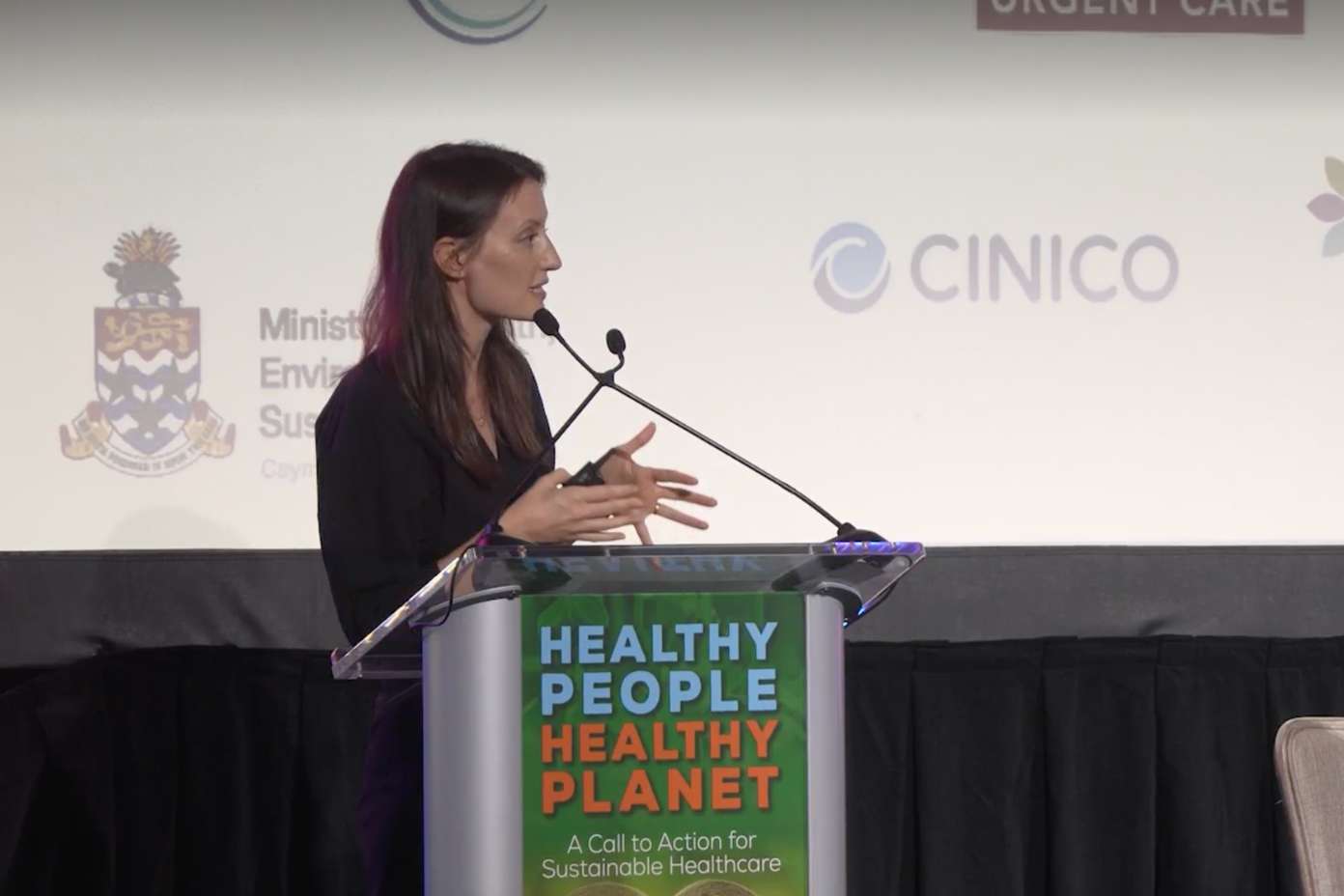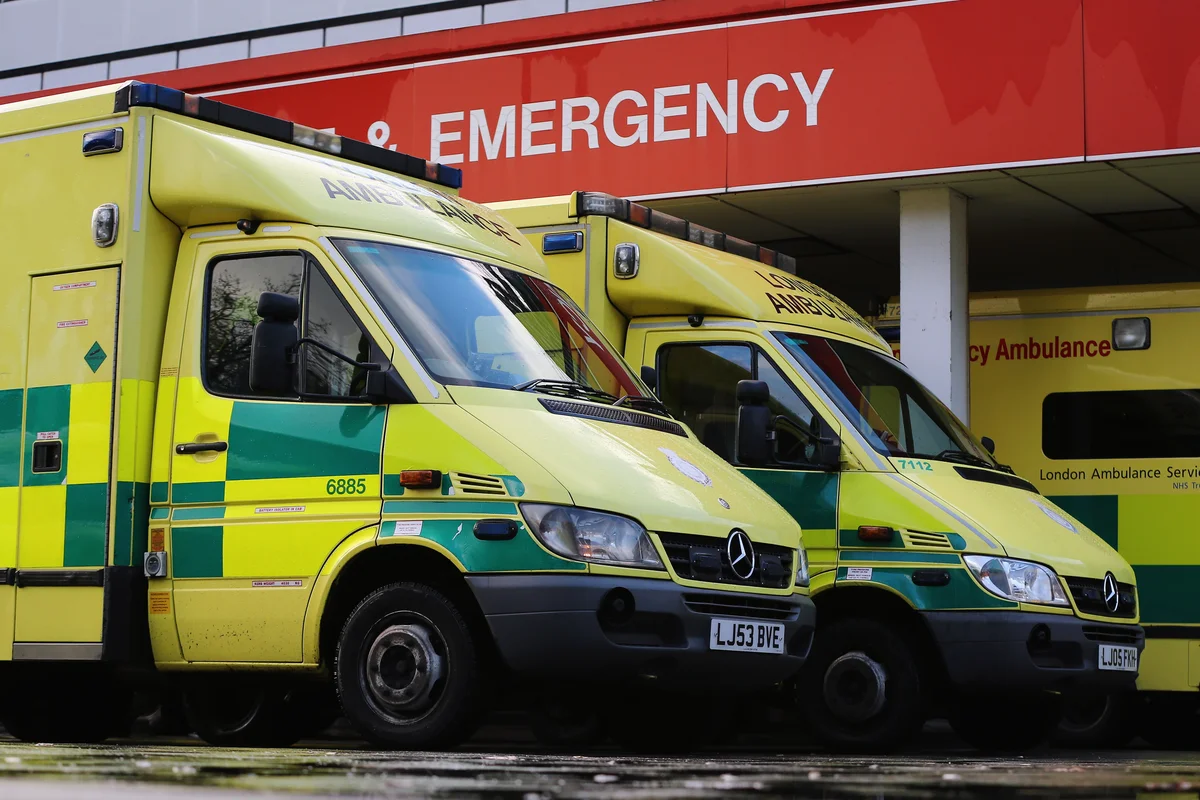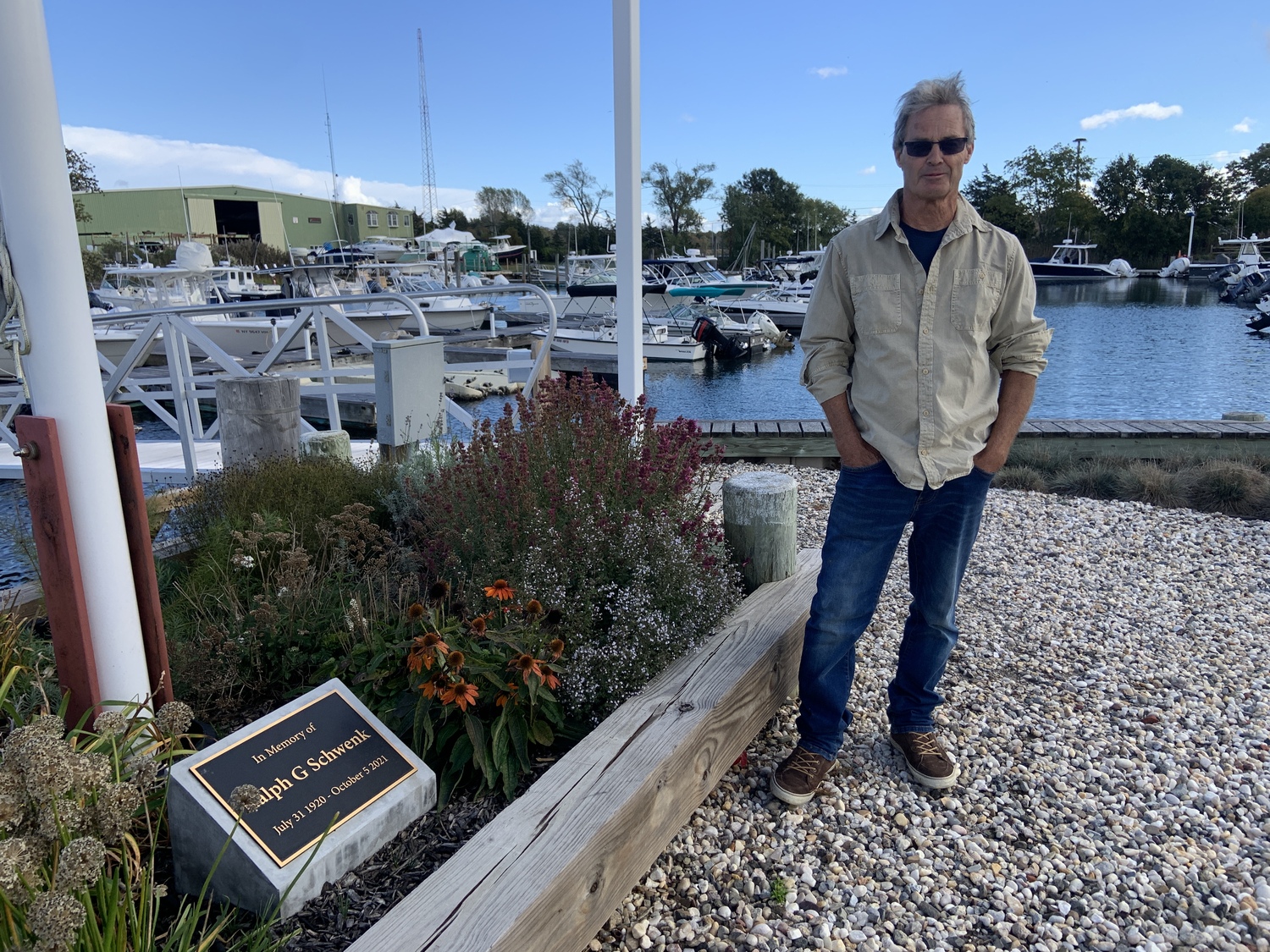Copyright caymancompass

Cayman’s National epidemiologist, Rachel Corbett, has announced a new public health initiative aimed at reducing deaths from cardiovascular disease – the country’s leading cause of death – by improving the prevention and management of high blood pressure. Speaking at the 16th annual Cayman Islands Healthcare Conference on 23 Oct., Corbett announced that the Ministry of Health and Wellness will begin implementing the Pan American Health Organization’s HEARTS initiative, a region-wide programme designed to transform how hypertension is diagnosed, treated and managed across primary care. Launched by the World Health Organization in 2016, the Global HEARTS Initiative aims to strengthen primary healthcare through proven, scalable strategies to prevent cardiovascular disease. The Pan American Health Organization is leading the regional rollout in the Americas, with a goal to make HEARTS the standard model for managing hypertension and related conditions. “If we can increase the prevalence of hypertension control in the population by just 1%, we can expect to see a nearly 3% decrease in heart disease mortality and a 2.4% decrease in stroke mortality,” Corbett told attendees. “This is a very real opportunity to improve health and people’s lives, especially here in the Cayman Islands, where cardiovascular disease is the top cause of death.” Closing gaps in hypertension management According to the 2023 Cayman Islands STEPS Survey, nearly one in three adults either has raised blood pressure or is on medication for it – up from 25.7% more than a decade ago. More troubling is that 35.2% of those affected remain undiagnosed, meaning thousands of people are unknowingly at risk of heart attack or stroke. Men are almost twice as likely to be unaware of their condition as women – 44.4% compared to 24.2% – and only 27.2% of those on medication have their blood pressure successfully controlled. Further, while nearly 39.3% of people aged 45–69 have high blood pressure, compared to just 14.2% of those aged 18–44, more than half of younger adults with hypertension don’t know they have it. Among those diagnosed, only a third of younger adults take medication, compared to two-thirds of older adults “So we’re already finding some gaps there that we could be meeting,” Corbett said. Speaking at the West Bay joint meeting on 21 Oct., Minister of Health Kathy Ebanks-Wilks noted that under the HEARTS programme, individuals living with high blood pressure but lacking insurance coverage will be able to access the medication they need without having to choose between treatment and other financial obligations. She said the goal is to build a healthier community by ensuring that everyone has access to essential care. Cayman’s hypertension control rate of just 27.2% highlights the need for significant improvement. “This is the group we really want to be doing well in,” said Corbett. “We’re aiming to raise that number to 70%,” which would equate to thousands more people living longer, healthier lives. The HEARTS initiative – now implemented in 33 countries – provides a standardised framework for improving hypertension prevention and management. The name itself stands for Healthy lifestyle counselling, Evidence-based treatment protocols, Access to essential medicines, Risk-based management, Team-based care and Systems for monitoring. Corbett, who previously led the UK’s International Travel Risk Assessment team during the COVID-19 pandemic, said she is confident Cayman can make measurable progress, pointing out impressive results across the region. In Trinidad and Tobago, hypertension control rates rose from 20% to over 50% within six months of implementation, while Chile saw rates climb to 65% in participating clinics compared to 40% elsewhere. “We envisage that this will be a programme that we can roll out collaboratively across public and private sector,” she said. “We will be having a standardised care pathway for hypertension and we’ll be looking into the different options for implementation to ensure that we can best support those that are currently not being met or being missed along that care pathway.”



